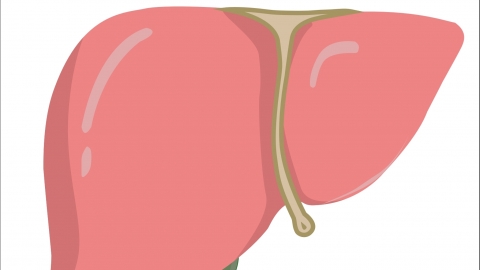Can gallbladder polyps cause high cholesterol?
Generally, whether gallbladder polyps cause elevated cholesterol levels depends on the type of polyp and the individual's specific metabolic condition. If symptoms such as abdominal pain or indigestion occur, it is recommended to seek medical attention promptly for professional evaluation including ultrasound and blood tests. The detailed analysis is as follows:

If the gallbladder polyp is of the cholesterol type and the patient already has lipid metabolism abnormalities, the formation of such polyps is often associated with cholesterol supersaturation in bile, which may be accompanied by increased cholesterol levels. When cholesterol metabolism is imbalanced, excess cholesterol tends to deposit in the gallbladder wall forming polyps, and serum cholesterol levels may also rise accordingly.
If the gallbladder polyp is non-cholesterol type—such as adenomatous or inflammatory—and the patient has normal metabolic function, it typically does not directly lead to elevated cholesterol levels. These types of polyps are usually caused by inflammatory stimulation or glandular hyperplasia and are not directly related to cholesterol metabolism; thus, blood cholesterol levels generally remain within the normal range.
Routine monitoring includes regular ultrasound examinations to track changes in polyp size, along with lipid profile testing. In terms of diet, reduce intake of high-cholesterol and high-fat foods and increase dietary fiber consumption. Maintain a regular lifestyle and engage in moderate physical activity. If polyp growth or abnormal cholesterol levels are detected, prompt medical consultation is advised to follow professional guidance on lifestyle adjustments or necessary treatment.





